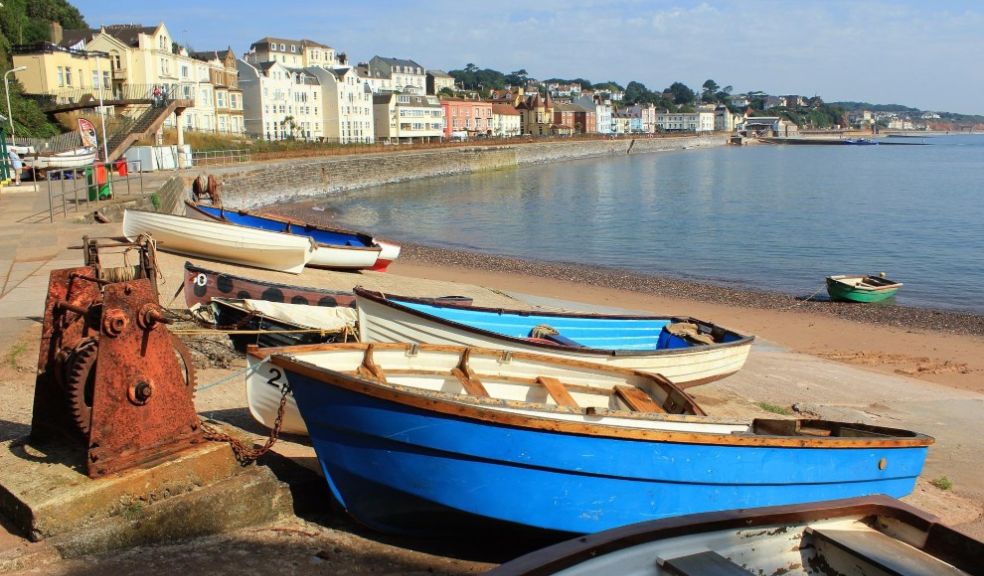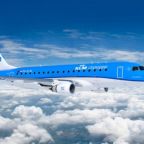
Cost of living crisis and staff shortages threaten £2.8 billion hospitality, leisure and travel growth in the South West
Cost of living crisis and staff shortages threaten £2.8 billion hospitality, leisure and travel growth in the South West
-
Projected growth for the South West’s hospitality and leisure sector totalling £2.8bn over 2019 could be stifled by soaring costs and a scramble for talent
-
90% of hospitality and leisure firms in the region are struggling to fill vacancies, with waiting staff, cleaning staff and sales staff causing most issues
-
Over a third of firms have introduced free perks for staff, and one in four have introduced childcare facilities on site, to become a more appealing place to work
-
UK staycations in the South West planned by holidaymakers hoping to avoid international travel could be impacted
Projected growth for the hospitality, travel and leisure sector in the South West could be severely hampered by the cost-of-living crisis and a widespread lack of staff, a new report warns. Soaring costs and a scramble for talent could also impact the experience of UK holidaymakers heading to the region this Summer in the hope of avoiding international travel.
“UK Hospitality’s Next Challenge”, a study¹ from Barclays Corporate Banking, shows that the release of pent-up consumer demand for socialising, holidays and experiences following the pandemic has given a boost to the sector. Nine in 10 (90%) H&L operators in the South West are confident of growth this year, and had predicted an average 30% uplift in revenue compared with pre-pandemic levels. This equates to a £2.8bn² rise in annual turnover over 2019, and a £4.4bn increase on 2021.
However, the predicted growth could be stifled by soaring supplier costs and a scramble for talent. Hospitality and leisure businesses in the South West report that their utility bills have already spiked by 28% year-on-year on average.
Meanwhile, over eight in 10 (84%) hospitality and leisure businesses in the South West are struggling to recruit personnel, with vacancies for waiting staff (34%), cleaning staff (30%) and sales staff (22%) causing the most issues.
In response, H&L operators in the South West are establishing new incentives to recruit and retain talent. Increasing the amount of free perks given to staff is the most popular incentive (34%), followed by changes having been made to the tipping system to ensure staff receive more (26%). One in four (25%) have introduced onsite childcare facilities for their staff.
Almost one in five employers (19%) have also increased wages given to staff across the country. Senior managers are set to receive the biggest boost to their pay packets, with an average increase of 7.7% - equivalent to £2,014³ a year for a full-time worker. Delivery riders and drivers will receive an average increase of 7.5% (£1,616 per year for a full-time worker), followed by housekeeping staff (7.4% / £1,642), bar staff (7.3% / £1,145) and finance staff (7.3% / £1,936). Kitchen staff will receive a 6.9% rise on average, equivalent to a salary bump of £1,196 for a full-timer.
In the South West, housekeeping staff, delivery drivers and cleaning staff are set to receive the biggest pay rises this year at 5.4%, 5.3% and 5.2% respectively.
Barclays’ report also shows that, for the time being at least, the industry’s finances allow for pay rises and other investments. Profit margins of H&L operators from the South West are now at 49% on average, compared to 42% pre-pandemic..
Mike Saul, Head of Hospitality and Leisure at Barclays Corporate Banking, commented: “The hospitality and leisure industry was undoubtedly one of the hardest hit by prolonged periods of lockdown during the pandemic. In the early part of 2022 however, in a society free from restrictions, the sector enjoyed strong sales, leaving many confident about their growth prospects.
“Unfortunately, the worsening cost-of-living crisis is now a serious threat to this growth, and our research shows that talent shortages are another a major concern for almost all businesses in the South West.
“That could have consequences for the experiences of holidaymakers heading to the region. With much disruption in international travel, we expect to see renewed interest in UK staycations in areas such as the South West, but hospitality and leisure businesses need the staff to satisfy that demand. However, we hope the new and novel methods that firms in the South West are deploying to recruit, reward and retain their staff will help them to manage these challenges and ensure strong growth over the summer months.”
Another key result from the research shows that almost a quarter (23%) of hospitality and leisure firms are offering more sustainable products and services than they were before the pandemic, and 32% say that an increased focus on sustainability has been their biggest learning from the past two years. To counter rising costs, 23% of businesses are applying price rises to less sustainable or ethical products.
Other notable findings from the “UK Hospitality’s Next Challenge” report include:
- Over a third (34%) of firms have invested in new customer relationship management (CRM) technology to offer a better customer experience, while 32% have started opening earlier.
- Two in five (38%) have started accepting new payment methods, such as Apple Pay and Google Pay and almost half (45%) of restaurants have introduced additional payment terminals, as have 42% of pubs.
- Almost one in three (30%) restaurants continues to diversify by introducing home delivery options, such as meal kits
- A quarter (26%) of H&L operators say they are selling more ‘value’ product ranges this year, followed by 23% who say they’re selling more locally sourced produce.
















